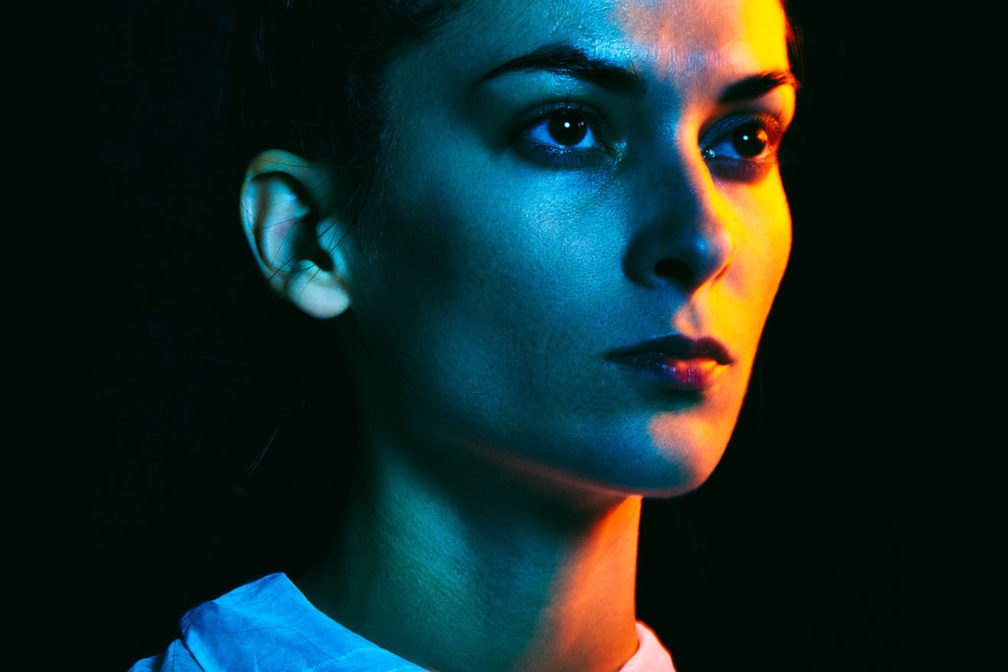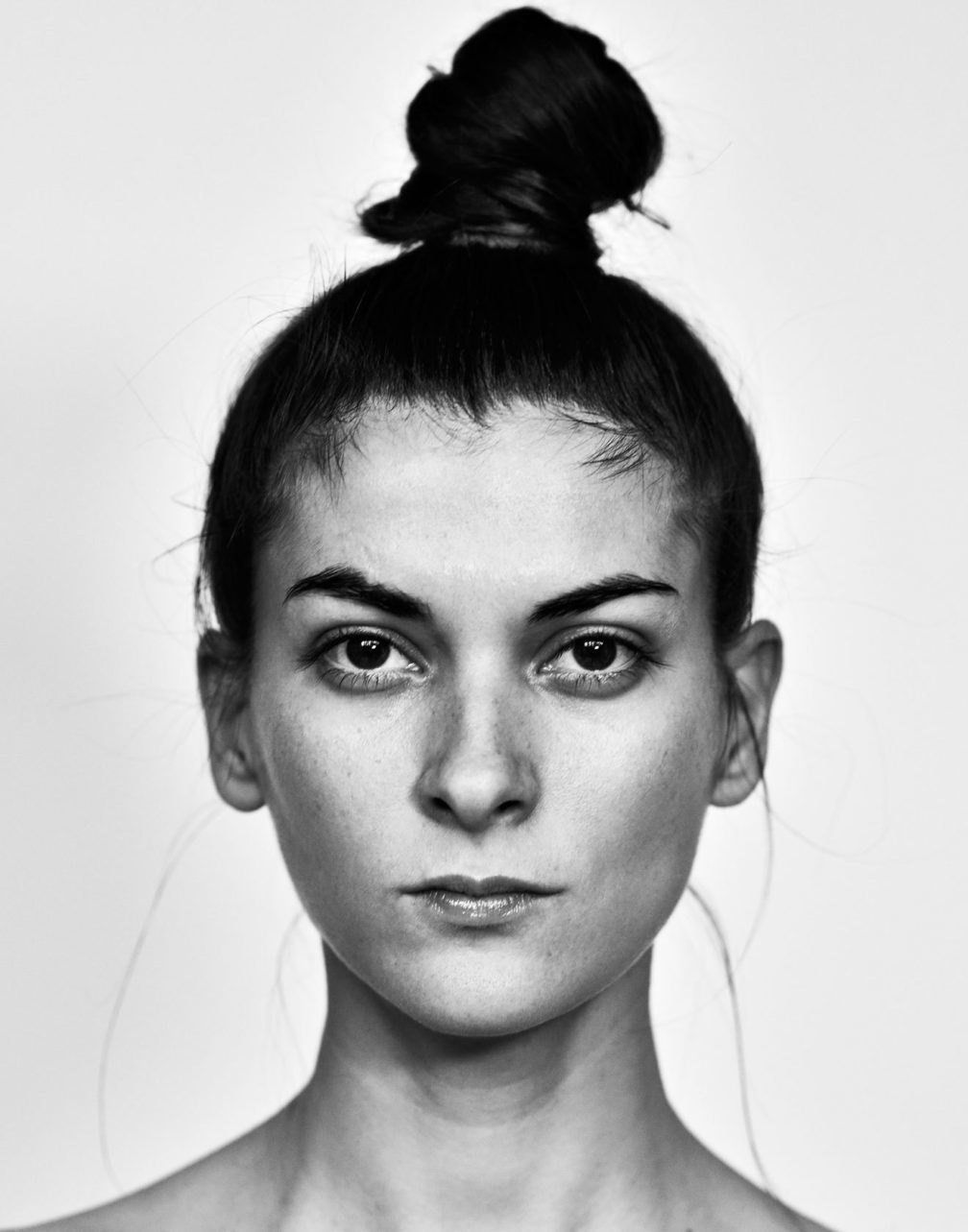 Interviews
Interviews
Q+A: Julia Govor
Heart and soul

How long were you DJing at ARMA17?
I started in 2009 and I still DJ there but I’m living in New York. That was me being a proper DJ. Like, I had a set time and my name on a flyer. They always gave me everything and they shared with me whatever they had. I was always asking, "What is the name of this track? How can I get it? Can I have it? Can you give it to me?" Everyone was always so nice. I’m a really big fan of long mixing and ARMA17 was a big school of survival because they teach people that it was the only club in Russia in Moscow who made people pay to see a DJ play and to stay 24 hours.Right now, it’s just full of experimental and proper techno music.
How does playing there compare to places like Movement, WMC, parties at during Sonar and ADE? How does it feel to be playing those gigs to such big audiences?
You know, I don’t feel any different. For me, the most important part of playing is the people and the connection and the emotional aspect. You can play at the best festival in the world and you can have the worst experience ever. Or you can have a smaller rave that's half the size of a big festival and you have the best people, the best listeners, who as a collective listen to the music, who respect music and who respect the way you share it with them. For me, I don’t think it’s different. It’s all about the emotions I share with them. This is the most important part. I don’t care if it’s a big festival, or being the best or playing first or playing last or if I’m a headliner, no way. From the moment I play, there’s no distraction, nothing. It’s just music. You’re not doing this so people can understand you, you’re doing it because of you living your own life, and you want to express yourself. It’s all about connections with other people. If you’re doing it from your heart, then people feel it.
Let’s quickly talk about your involvement with Get Physical and Visionquest. Two big labels in terms of music they put out, the artists that they’ve nurtured and pushed forward. How did you get involved with them?
Visionquest came about through Seth Troxler as I was always good friends with him. We always partied together. In Moscow we got in trouble with police, we had crazy experiences. It was really cool. You know, Russian style. One time, he came to Moscow and I invited him to my friend’s party, and I played my track ‘Alice,’ which I feature on as a singer, and he heard that and said, “I love it, send it to me,” so I sent it to him and he released it. That was the story with Visionquest.
I don’t mind sharing my music if I have a connection. He heard the track, he played it out in the clubs and I know he played it at Sonar and stuff, because my friend was like, “Oh I just heard your song, oh my god people are going nuts, they’re screaming!” I was like crying, like, "Oh my god this is amazing." The same situation happened with Get Physical, when I had a tour with Patrick [Bodner, one half of M.A.N.D.Y and co-founder of Get Physical] in Russia and I played a track and said, “This is my new track, actually it’s not new, it’s a couple of years old”. He said, “I love it, send it. We can put it on Body Works/Parts”. It’s always like this. You have to have a specific time and place to sign your music.
How does it feel knowing that Ricardo Villalobos has done a remix of your track?
For me, I always try to look at things as if I am a beginner. I don’t try to expect anything from this because it could be very dangerous. I just want to continue to work and to make my followers happy, to try and connect with them if they feel lonely or if they feel sad, to show them that they’re not alone in this world and they hear the music which helps them. I want to continue to stay creative and to stay producing and collaborate with other artists.
The 'Open Possibility' EP is out now


